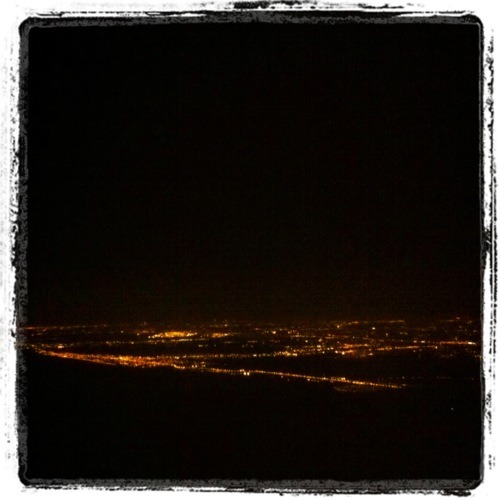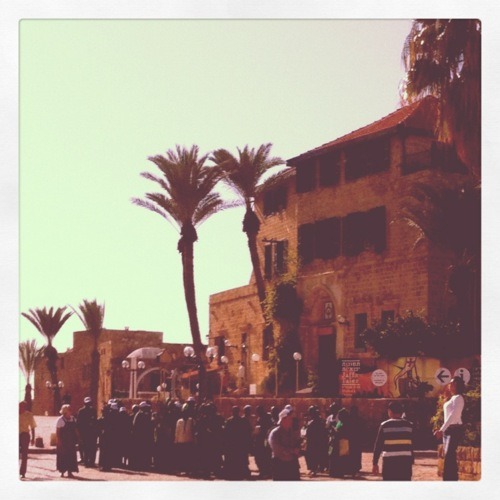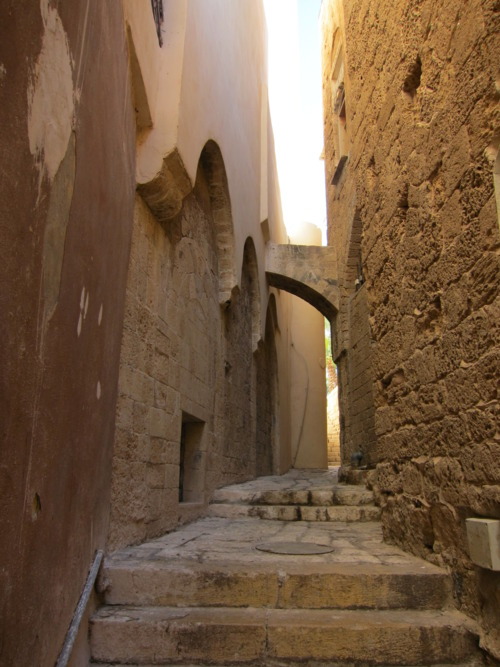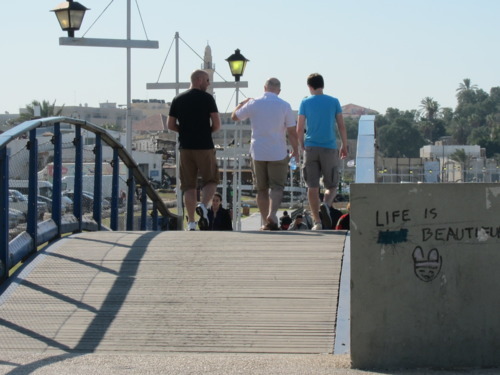The paradox of abundance is that when we think of something we want, we can become convinced we lack it all. When we notice even the smallest thing in our possession, everything within our grasp seems enough, and it all seems possible.
It’s like being in the airplane, convinced that we wish the ride to be over. That it would be so great to finally be eight hours in, descending, looking at the blinking of porch lights or the snake of white headlight gems funneling downtown.
It could be that I am headed to any city, in any country. In the carry on bin above my head sits one bag. Inside it rests one bar of soap, some floss, a dismantled tooth brush.
On my tray table wobbles one half finished Diet Coke. A dry mechanical hiss of air spits out the miniature fans above us. Their air moves the grey hair of the old woman in front of me. A tingling two-tone bell chimes off, signaling the flight attendant that someone needs a pillow.
It is night, and dawn is forty minutes away. Somewhere beneath us some coastal town in France awakes, or falls asleep.

A friend wrote tonight on her Tumblr blog a quote from Abraham Hicks:
If you have someone who has many things going wrong and one thing going right, beat the drum of what’s going right, and let that be your point of attraction. If you focus upon their problems, you achieve vibrational harmony with something other than the Source that gives you solution.
It feels good to read that. I take a walk through my neighborhood and I remember nearly three months ago waking up in Tel Aviv after 14 hours of non-stop travel, and a connection in Paris.

I have a pair of traveler’s jeans on and I am wearing sunglasses. It is December, and the wind off the Mediterranean is a bit brisk. The sky and the sea match their colors.
I set my phone down on the marble cafe table outside in the square in Old Jaffa, in Israel, and somewhere behind me a church bell is ringing loudly, though I can’t tell specifically where it comes from.
A church group from Nigeria is passing through. They are dressed almost all in green gowns. They are pilgrims.
My mother worries about me. My mother is a devout Catholic mother who believes that what she sees in dreams are the beginnings of what can, and should, be right in the world.
She had a dream, she told me, where I found a set of stairs. And the stairs led to a church. And in the church I found happiness, she said.
The pilgrims pass, and I take a drink of a very strong espresso. It is dark-tasting and a bit bitter. I can’t tell if it’s made right. I don’t know enough about coffee. I set down the glass cup and it tinkles on the tray it came on. Something catches my eye.
It’s the slant of the street of this old city square. I trace my eye across its slope and its gentle back whittles down to a set of stairs. Something catches in my mind. I think of my mother’s dream.
I collect my things and pay my check, and as I am sticking my wallet in my back pocket, zipping it closed. I notice the wedding party gathering near the fountain and the photographer who has the bride balancing on the edge of the fountain’s side. and the groom is standing there, holding her up, giving her balance with one stretched out hand.
I watch them.

They are not wearing traditional gowns and a tuxedo, like you see other couples wear. Maybe they are not getting married. Maybe they just got engaged.
But I notice this about them: they do that thing that people do when people take pictures of us. They pose. The infuse the moment of time with the feeling that this is something that others should remember. They give the gift of their moment to posterity, to all the people that will pass by it on the mantle, that future picture, framed.
I leave and take the stairs, the same stairs, I think, that must be in my mother’s dream. There is something about their slant, the light, the way the street lifts up to the sun after the steps end. The sky coming through overhead.
The steps, it turns out, pass right by a church, St. Peter’s Church, the oldest and tallest structure in Old Yaffa. This is the church with the bell, and though it would seem perfectly obvious, I am a little surprised to learn that it was here.
It was consecrated in 1654 and it is reported that Napoleon Bonaparte lived there as he campaigned through Syria and Egypt.
According to the historical record, its prominence on a hill by the sea has given it distinction in the minds of pilgrims, who come to it and pay homage and respect to St. Peter, who was said to have raised Tabitha from the dead.
It might interest you to know that, being mindful of my mother’s dream, I walked into this church later that evening during the only English mass that day and listened to a family of Filipino migrant workers sing the liturgical songs and listened to a priest who, I swear, sounded like he grew up in New Jersey talk about love.
The priest looked at me during his sermon and he said, “Sometimes we encounter people whose roughness, and even betrayal, harms us. Challenges us to remain dignified. It’s this opportunity, Christ’s message to us teaches, that asks us to love them more. Practice Love.”
St. Peter’s church in Old Yaffa, as it turns out, is a Franciscan church, named after St. Francis of Assisi, who, in 1290 heard a sermon that changed his life. The sermon was about Matthew 10:9, in which Christ tells his followers they should go forth and proclaim that the Kingdom of Heaven was upon them, that they should take no money with them, nor even a walking stick or shoes for the road. Francis was inspired to devote himself to a life of poverty
As a traveler, I feel something like that which the pilgrim feels, when he travels to a far off city to pay respects to the ghosts in his head.
But for the modern day pilgrim like me, it has been to remain devout to the pain, the doubt, the ghosts that gnaw at the present and keep me constantly worried about the future.
If you think too much about the things that are wrong in the moment, says Hicks, those things keep you from the Source that is solution.
What’s gone well in my life has been travel. People open up in travel.
Being a passenger is like being that healed and loving pilgrim, devoted to that feeling that is Love.
Living in that suspension between whence you came and that other place, the new destination.
You fly through icy, crystallized air, it’s -54 Fahrenheit outside and we are on a heading taking us out over the Atlantic.
There’s nothing separating us from the roar of the wind but literally inches of compressed carbon, aluminum and steel.
It’s all held together with wires, 35,000 feet in the air, held aloft by air pressure and the flow of the plane’s own pursuit.
There are moments when that miracle of air pressure and wires freaks me out. I think it cannot all possibly hold together, that at some point we will hit some horrible bit of turbulence and the end will come and swallow us all.
But being in that plane is like being in that Church.
I let go of all fear, all panic, all worry and I breathe. I focus on what I know to be true. I am alive, and I am happy.
Sleepier now, my head nods. I remember the walk to the Church. The Mediterranean sun is shining.
I prepare to cross the bridge to Old Yaffa.
The bell rings again, a two-toned bell that signals that someone is waiting for the flight attendant to bring a pillow.
I have everything I need.
 b
b

Douglas Crets is an intelligence officer and expert network builder for the social web. Using his training in journalism, digital media, anthropology and the humanities, he creates social media research projects for and about the leading social web entrepreneurs of today. His company, dB C Media provides companies and individuals with data, behavioral research studies, branding advice, consulting on social media execution and meaningful media content to create efficient interactions with consumers, and influencers and on the web, so that brands, companies and individuals can form relationships that matter. His traveling takes him to at least 12 countries a year. He speaks Russian and understands Chinese.








